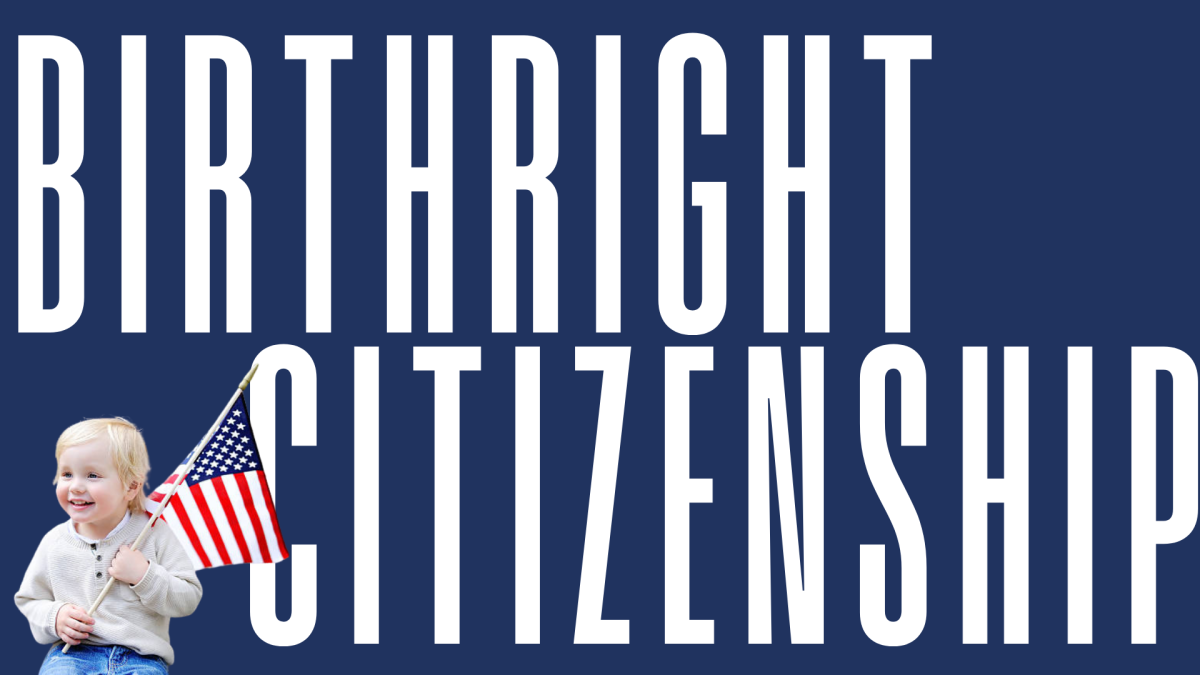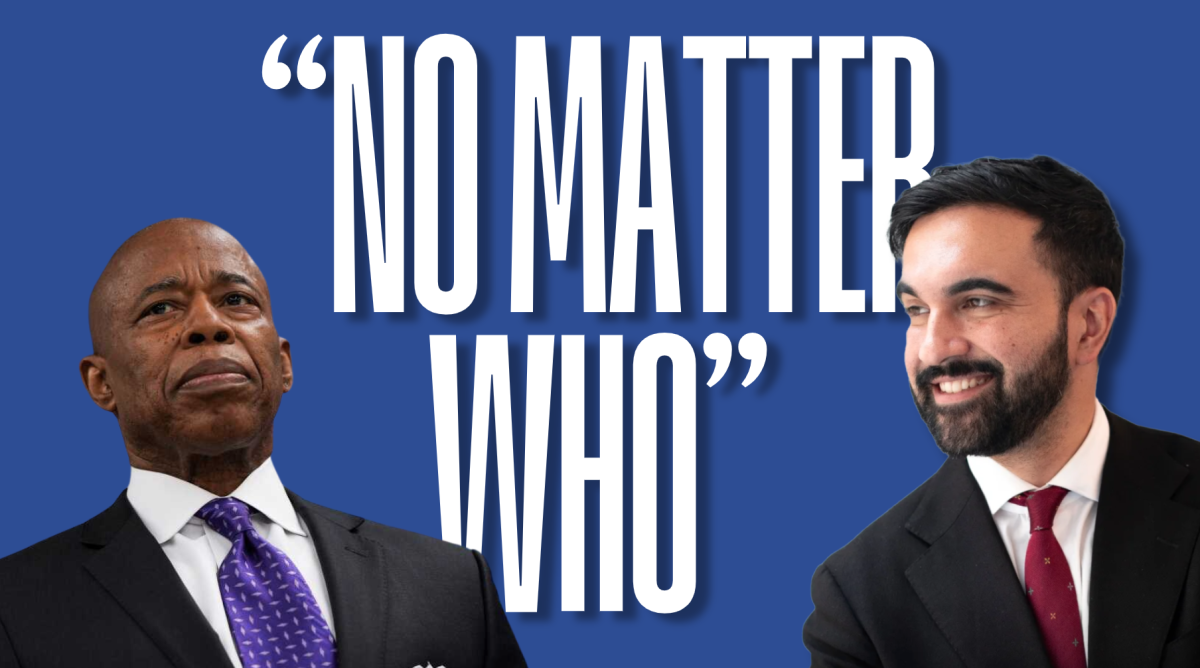President Donald Trump’s executive order seeking to end birthright citizenship is not only a significant step in his campaign to crack down on immigration but is also another move in his ongoing effort to legitimize unchecked executive power at the outset of his second term. The order, filed hours after Trump took office in his second term, declares that children born in the U.S. are citizens only if at least one parent is a citizen or permanent resident, which would extend to children of parents in the country legally but temporarily, such as foreign students, workers and tourists. Just days later, U.S. District Judge John C. Coughenour, who blocked the policy from taking effect for 14 days following a lawsuit from four states, called the order “blatantly unconstitutional.” “I have been on the bench for over four decades,” he said. “I can’t remember another case where the question presented was as clear.” Two weeks after that decision, Judge Coughenour put Trump’s order on hold until the lawsuits are resolved. His ruling followed a similar injunction just a day earlier by U.S. District Judge Deborah Boardman in Maryland, who halted the policy in response to a separate lawsuit filed by pregnant women and an immigrant rights group.
Trump’s order argues that only children born to U.S. citizens or green card holders are “subject to the jurisdiction” of the United States, a reimagining of the clause that is at odds with the well-established judicial interpretation of the Fourteenth Amendment’s Citizenship Clause, which has guaranteed citizenship to anyone born on U.S. soil and “subject to the jurisdiction thereof” for 125 years. This judicial interpretation was established in United States v. Wong Kim Ark. (1898) when the Supreme Court ruled that a child born to Chinese immigrants was a U.S. citizen by birth. Since then, the clause has been interpreted to include nearly all births in the country (with exceptions only for children of foreign diplomats or occupying forces). This new interpretation not only ignores over a century of legal precedent but also defies the judiciary’s power in interpreting statutes of the Constitution. That authority was reaffirmed in the Supreme Court’s 2024 ruling in Loper Bright Enterprises v. Raimondo, which explicitly bars the executive branch from reinterpreting laws in ways that conflict with judicial precedent. Considering the clear limitations of executive power outlined in this decision, Loper Bright Enterprises would almost certainly invalidate this effort to reimagine the amendment’s meaning.
The administration’s disregard for the rule of law extends beyond constitutional interpretation and judicial authority. Congress has long used its legislative power to grant citizenship beyond the Fourteenth Amendment’s provisions. Trump’s order, however, disregards these statutes entirely, attempting to strip citizenship from individuals lawfully granted it despite having no legal basis to override congressional authority. Additionally, Article I explicitly gives Congress sole authority to “establish a uniform Rule of Naturalization.” Yet the Justice Department’s court filings failed to address either the issue of Congressional statutes or Article I’s mandate of Congressional power, let alone justify why the president can override them — instead implying that he has the authority to do so. This attempt to unilaterally override acts of Congress through his reimagining of a constitutional amendment in defiance of judicial precedent — is a claim with no basis in U.S. history.
The states challenging the order have focused on the established Congressional statutes. Their lawsuits argue that the executive has “no power to unilaterally amend or repeal an Act of Congress and no power to disobey a clear statutory command.” Yet the administration’s silence on either of these constitutional and statutory challenges reveals a broader agenda of testing how much power Trump can seize. This is not an isolated incident. From shutting down Congressionally funded agencies to disregarding Supreme Court decisions, the president has employed a strategy of “flooding the zone,” an effort to assert unchecked executive power by bombarding the public with a constant stream of legally questionable or outright illegal actions and policies, making it difficult for the political opposition and media to focus their response to any one issue.
If enacted, the executive order would not just undermine the separation of powers, it would create devastating consequences that would affect the lives, status and future of millions of immigrants. This uncertainty is a deliberate part of Trump’s broad immigration playbook designed to instill fear and deter immigration through a wide range of aggressive policies. So birthright citizenship, once a guarantee, is now a battleground for the debate over immigration and power.
As the legal battle continues, the Supreme Court is likely to hear the case after it works its way through the federal court system. While it is likely to fail, the outcome will determine the fates of millions and signal the Supreme Court’s tolerance of Trump’s executive overreach. The framers of the Constitution designed a government of constrained powers to prevent exactly this kind of overreach. This is not a partisan issue. It is a fight to preserve the separation of powers, a principle that protects all Americans, and the outcome’s legacy will hinge on whether we tolerate the precedent it sets: a presidency above the law.
Zach Johnson, FCRH ’26, is an international political economy major from Mass.









































































































































































































